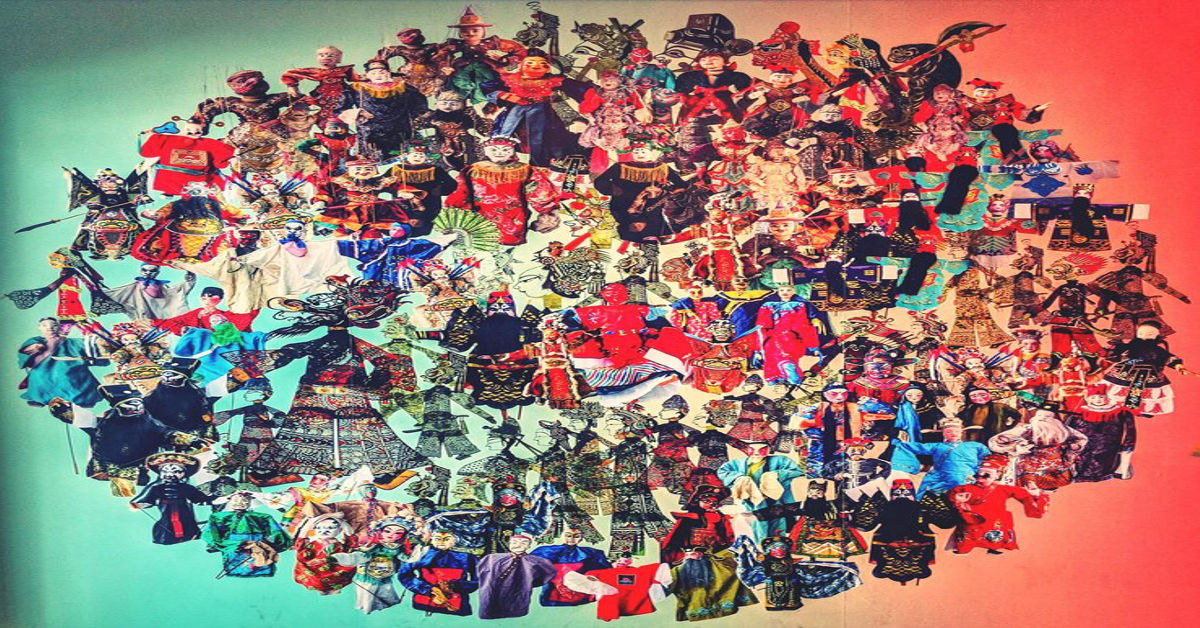The internet is a breeding ground for subcultures and slang that can spread like wildfire. One term that’s sparked attention in forums, meme pages, and online discourse is Coomer.su. To the uninitiated, it may seem cryptic or even controversial. But for those familiar with digital culture, it carries a layered narrative about male identity, online addiction, and the blurred lines between humor and critique.
This guide aims to unpack everything you need to know about Coomer.su — what it is, where it came from, its social commentary, and its influence across platforms.
What Is Coomer.su?
Coomer.su is a domain name associated with meme-centric content that explores themes around male behavior, self-indulgence, loneliness, and digital addiction. Its name stems from “Coomer,” a meme born out of forums like 4chan and Reddit, which caricatures a compulsively online male figure obsessed with instant gratification.
The “.su” domain, originally for the Soviet Union, is often adopted by sites looking for an edgy or nostalgic flair, adding to the mystique and underground vibe of the site.
Coomer.su typically curates content reflecting:
- Meme satire on internet addiction
- Commentary on excessive pornography consumption
- Irony-laden depictions of “modern masculinity”
- Hyper-online lifestyle critiques
Origins and Evolution of the “Coomer” Meme
The term “Coomer” originated around 2018 on 4chan’s /r9k/ board. It portrays a male stereotype: disheveled, socially isolated, and dominated by digital pleasures—most notably adult content. The visual depiction often shows a balding man with red eyes, slouched posture, and compulsive tendencies.
This caricature evolved as a satirical criticism of:
- Porn addiction
- Lack of ambition
- Loneliness in the digital age
- Failure to participate in “productive” masculinity
Over time, Coomer memes expanded to address broader lifestyle issues including junk food consumption, gaming addiction, and parasocial relationships.
The Psychological and Cultural Meaning Behind Coomer
Coomer is more than just a meme — it’s a form of commentary on male disempowerment in the digital age. It echoes widespread issues faced by young men such as:
- Emotional isolation
- Dopamine dependency
- Digital escapism
- Low self-worth due to unrealistic standards
Some researchers and psychologists view this as a digital expression of what’s been called the “male loneliness epidemic.” The humor, while dark, often reflects real struggles, serving as a mirror rather than a mockery.
The Role of Coomer.su in Internet Subculture
Coomer.su acts as a hub for this type of niche internet content. While it doesn’t necessarily host original memes, it compiles, reframes, and shares related posts from social media, forums, and digital commentary.
The site thrives due to its:
- Satirical tone
- Echo-chamber appeal
- Virality of meme formats
- Aesthetic associated with “internet underground” culture
Many users visit out of curiosity, while others engage as part of broader “red pill,” incel, or manosphere digital journeys.
Online Behavior and Male Identity Representation
Coomer.su also touches on evolving conversations about masculinity in the internet age. The Coomer stereotype embodies:
- Self-destruction masked as comfort
- Habitual screen use as a coping mechanism
- Rebellion against social and dating norms
- Loss of traditional male roles
It provides an exaggerated, often tragicomic, representation of what happens when men turn inward instead of engaging with real-world challenges.
Controversy and Criticism
Despite its popularity, Coomer.su has attracted backlash for a number of reasons:
- Promoting unhealthy stereotypes: Critics argue it stigmatizes men dealing with real addiction or mental health problems.
- Encouraging toxic humor: Some see it as a gateway to more extreme ideologies online.
- Cultural insensitivity: The memes sometimes border on offensive or dehumanizing.
- Potential for misuse: Troll communities occasionally weaponize Coomer imagery to harass or shame others.
These concerns have led to some platforms banning or moderating content related to the meme.
Coomer.su vs Similar Meme Platforms
Here’s a comparison between Coomer.su and other meme or commentary sites:
| Platform | Focus Area | Content Nature | User Base | Accessibility |
| Coomer.su | Male identity, satire, critique | Dark humor, edgy | Niche internet users | Unregulated, open |
| 9GAG | General memes, humor | Family-friendly | Global | Open access |
| Reddit (/r9k/) | Lifestyle, self-improvement, memes | Mixed: serious & ironic | Male-dominant | Regulated by Reddit |
| 4chan (/pol/) | Politics, memes, shock culture | Highly unfiltered | Edgy, anonymous | Anonymous, open |
Real-World Influence and Digital Spillover
Although it lives mostly online, the Coomer archetype has started to influence real-world discourse:
- Self-help communities: Use the term to discuss breaking addiction cycles.
- Therapy and coaching: Professionals analyze the impact of Coomer culture in relation to clients’ behavior.
- Pop culture references: Some content creators subtly reference Coomer culture in commentary or satire.
This crossover shows how memes are no longer just jokes — they shape identity and perception.
How Search Engines Treat Coomer.su
Search engines have a complex relationship with sites like Coomer.su:
- Indexing: It’s indexed due to frequent visits and backlinks from forums.
- Content moderation: May face de-ranking due to perceived low content quality or NSFW elements.
- Visibility spikes: Traffic often surges when the term trends on social media or news outlets.
To maintain better SEO performance, sites like Coomer.su must navigate content safety standards while maintaining authenticity.
Is Coomer.su Harmful or Harmless?
The answer depends on perspective and use.
It can be seen as:
- Harmless: For users engaging in irony, it’s just internet humor.
- Helpful: As a mirror for reflection and change, it can inspire personal improvement.
- Harmful: When taken at face value or misused, it can reinforce negative behaviors or isolation.
As with most internet subcultures, moderation and context are key.
The Future of Coomer Content
As digital behavior evolves, so will the Coomer archetype. We may see:
- New characters or meme extensions
- Healthier reinterpretations via humor
- Deeper critiques from academics and creators
- Integration into mainstream media as satire
Understanding it today is essential for anticipating how online male identity continues to evolve in a hyper-digital world.
Conclusion
Coomer.su may look like just another meme site, but it encapsulates broader themes about internet addiction, masculinity, and digital self-perception. What started as a crude joke has evolved into a conversation—one that touches on loneliness, vulnerability, and the search for identity in online spaces.
For those interested in meme culture, psychology, or digital trends, Coomer.su offers a fascinating—if sometimes uncomfortable—lens on the modern male experience. Whether you see it as comedy, caution, or commentary, understanding it is key to navigating internet culture today.
Frequently Asked Questions (FAQ)
Q1: Is Coomer.su a safe website to visit?
A: It’s generally safe, but some content may be NSFW or controversial. Use discretion.
Q2: What does “Coomer” mean exactly?
A: It’s an internet meme symbolizing a compulsively online man, often associated with addiction and loneliness.
Q3: Why is the “.su” domain used?
A: Originally the Soviet Union’s domain, it’s now repurposed for alternative or edgy branding.
Q4: Is Coomer.su part of the incel or manosphere movements?
A: It overlaps thematically in some areas but isn’t explicitly affiliated.
Q5: Can the Coomer stereotype be positive or motivating?
A: Some communities use it as a wake-up call to pursue self-improvement and break bad habits.











